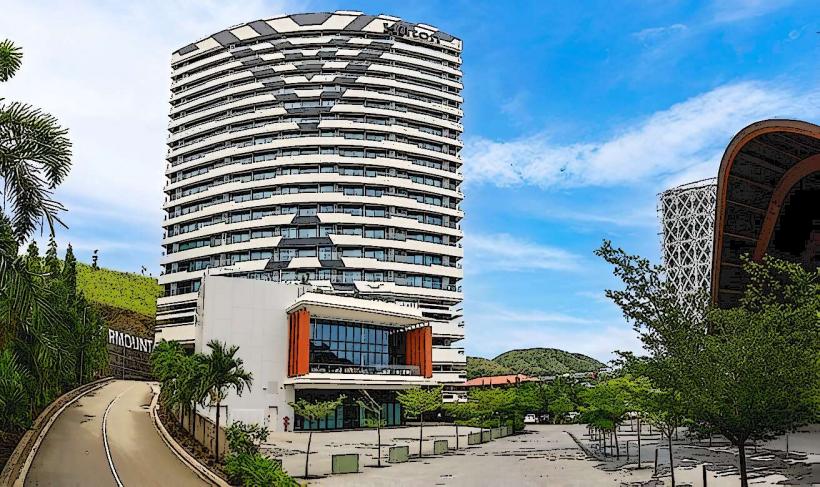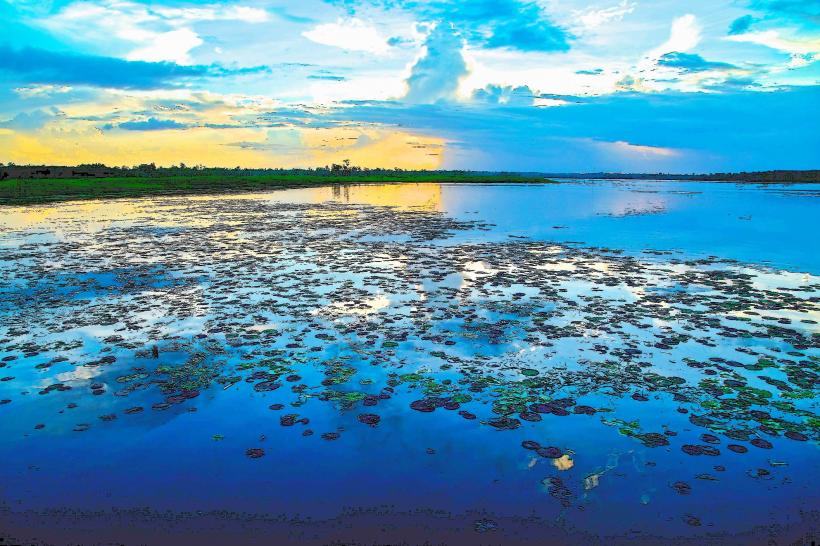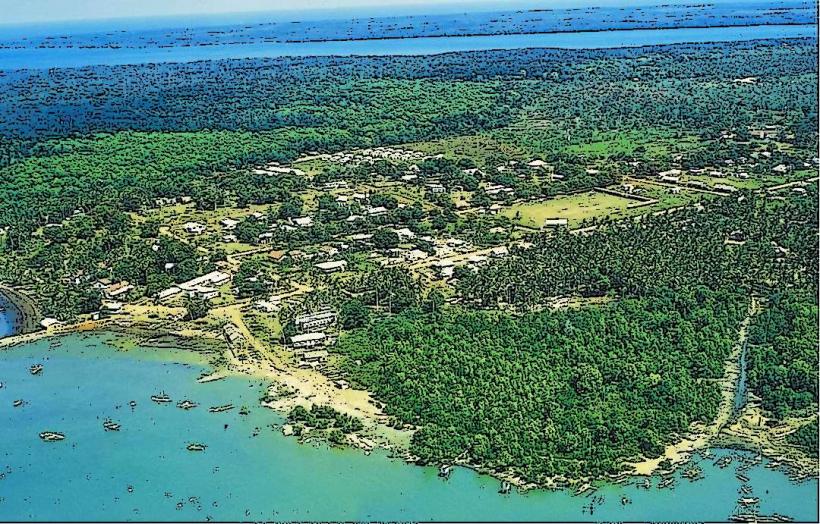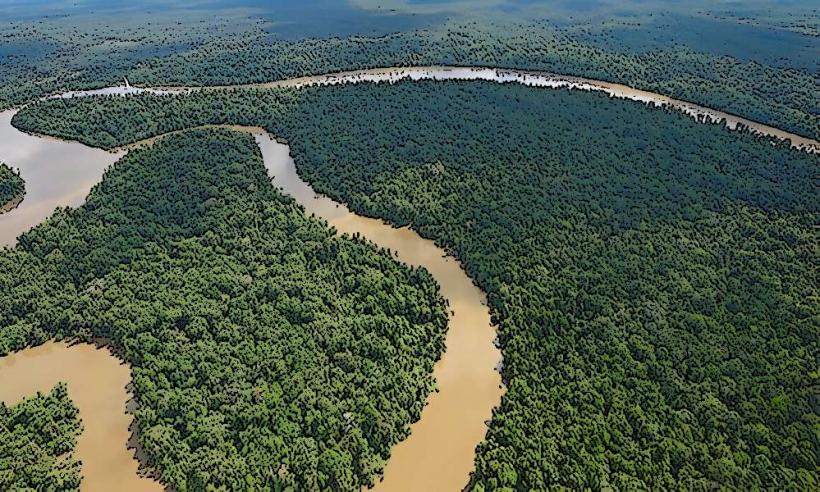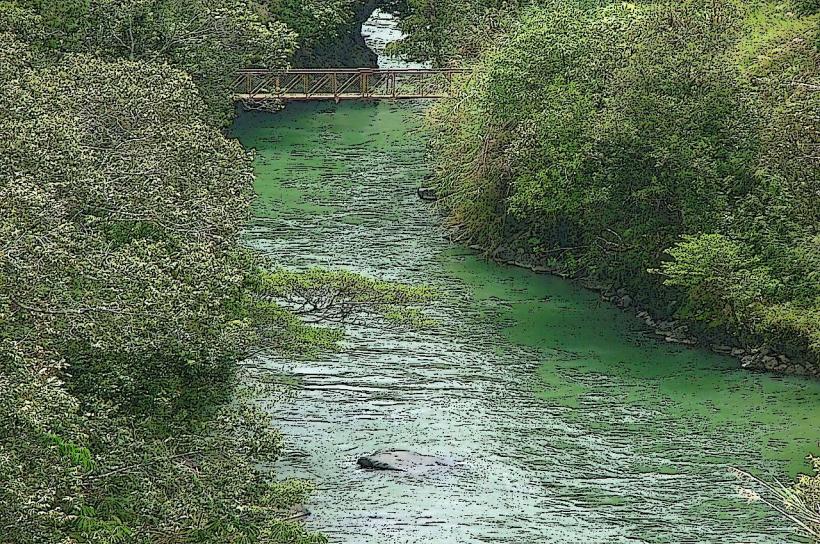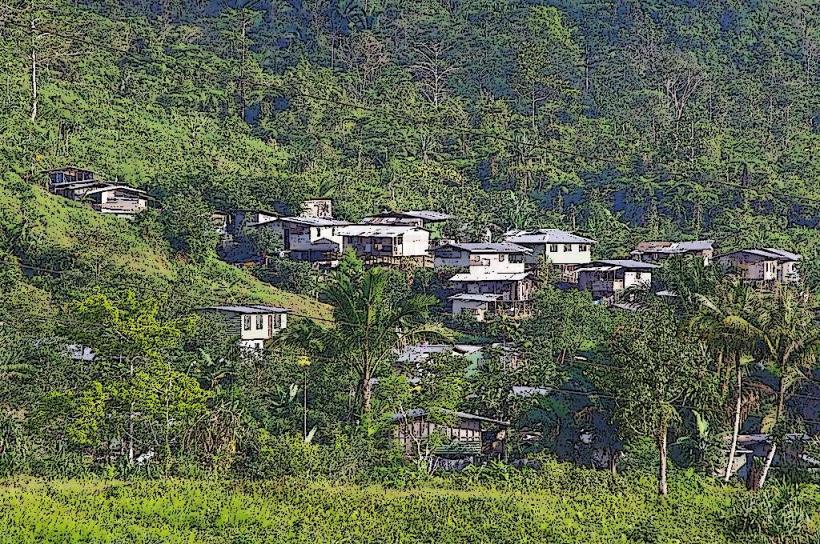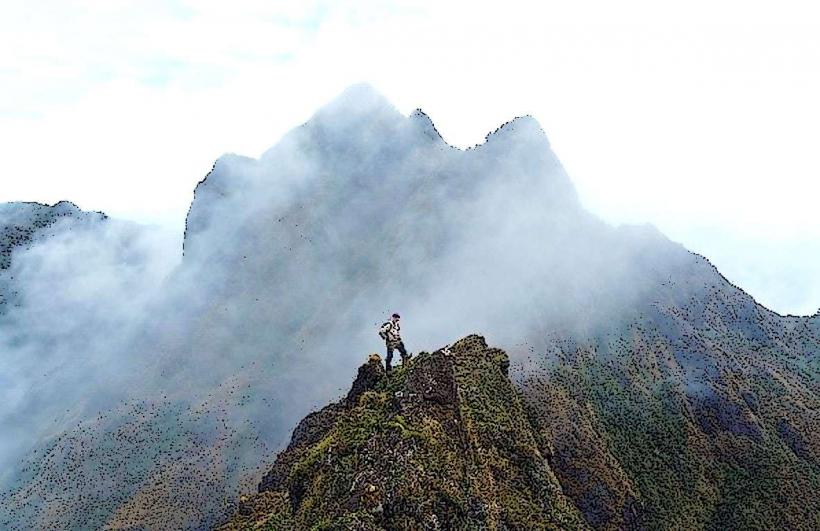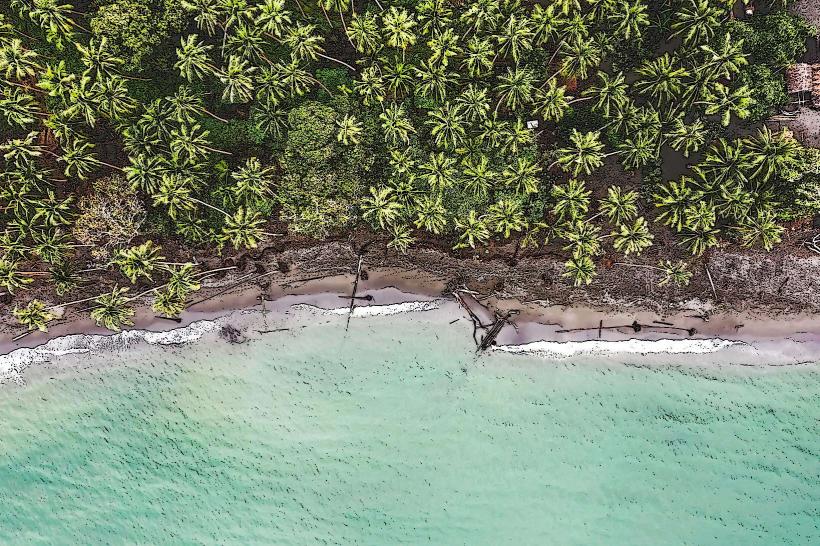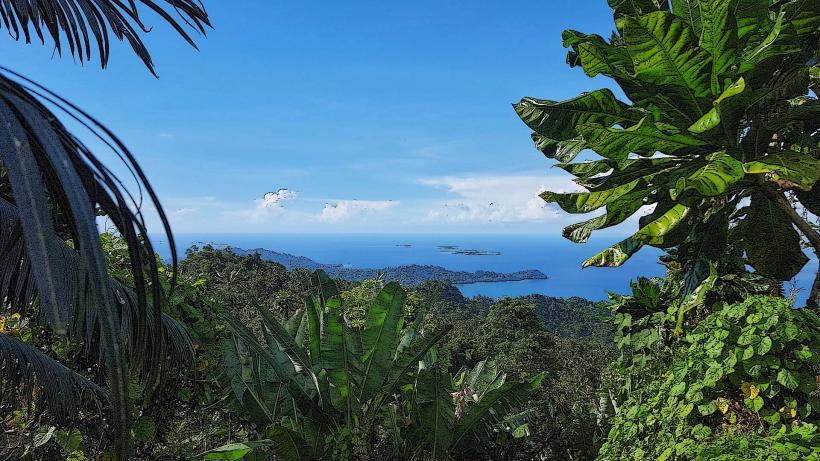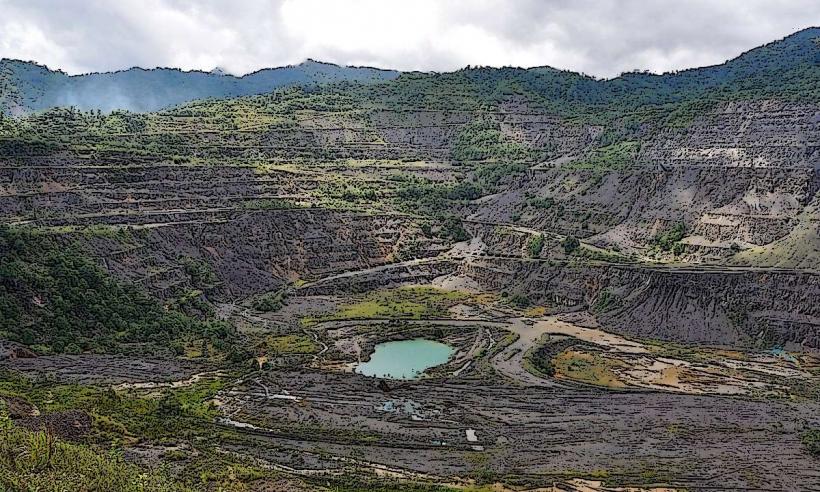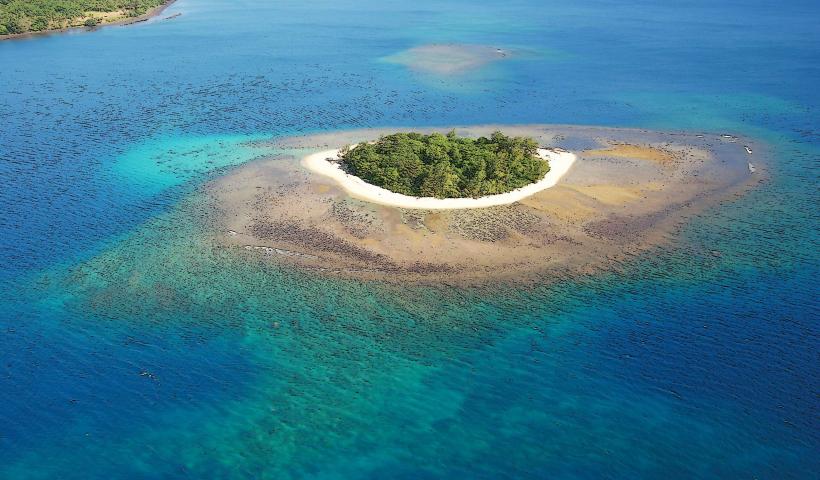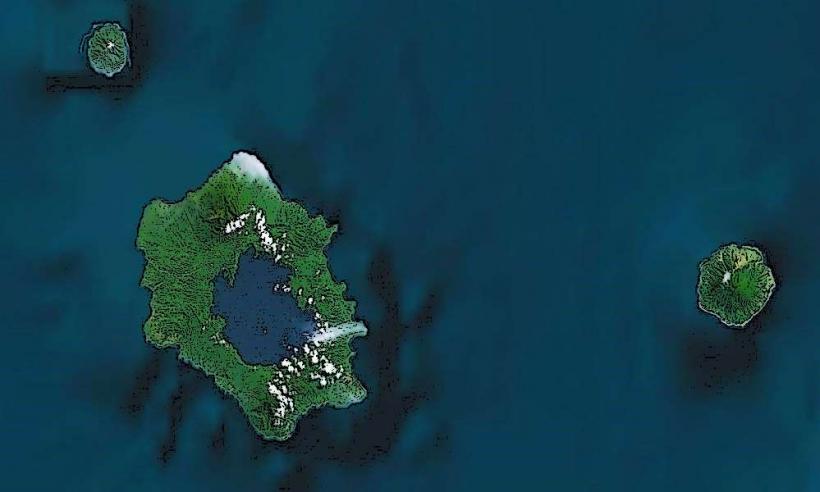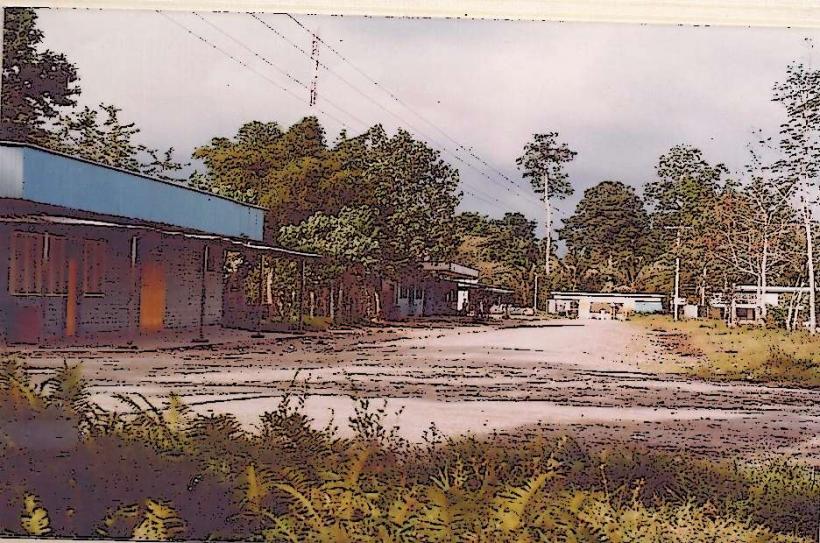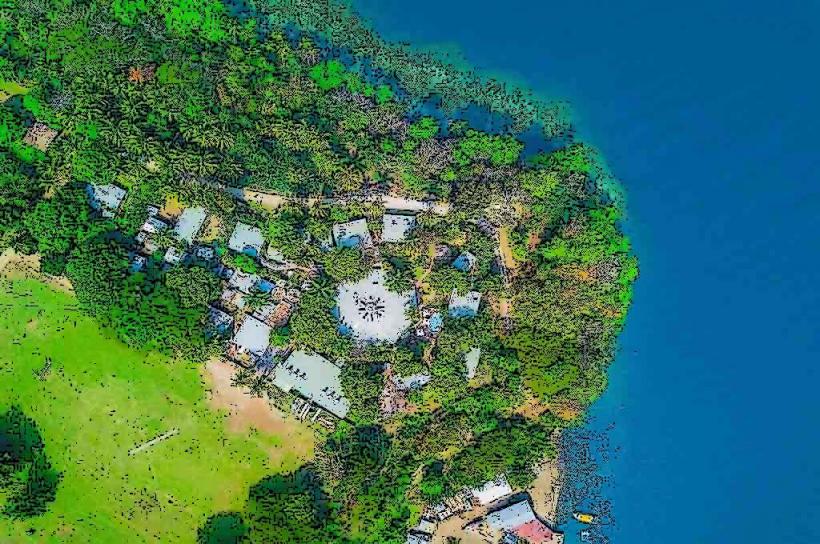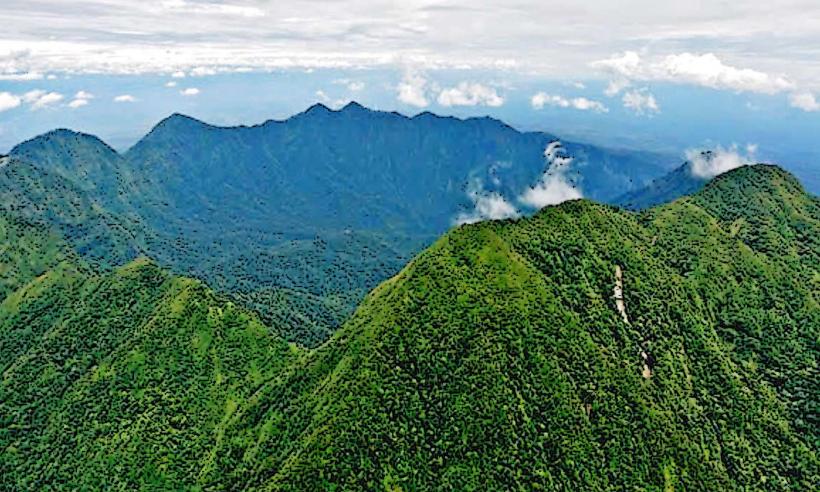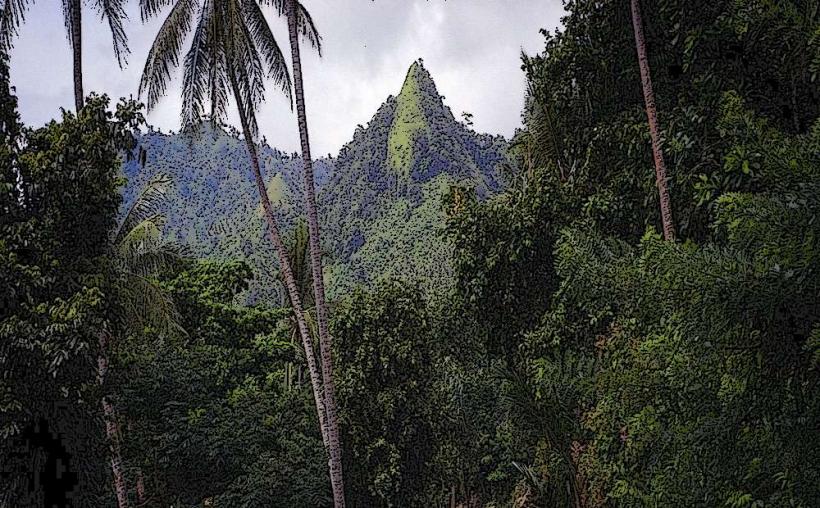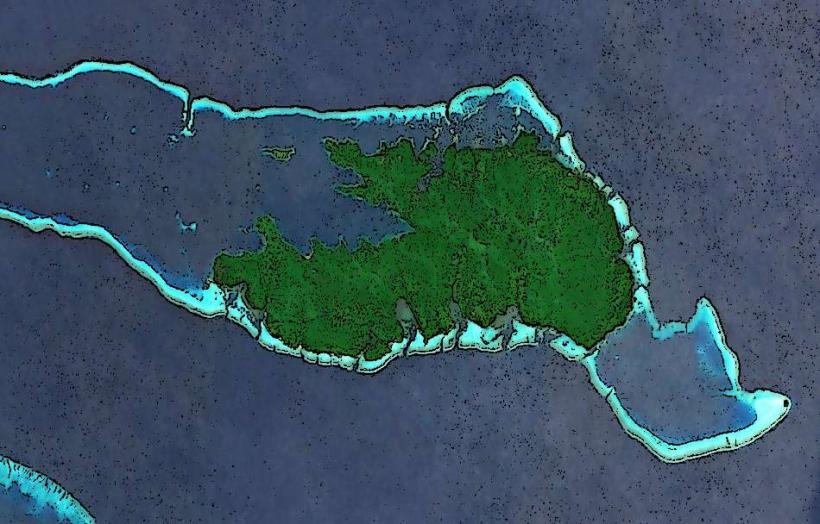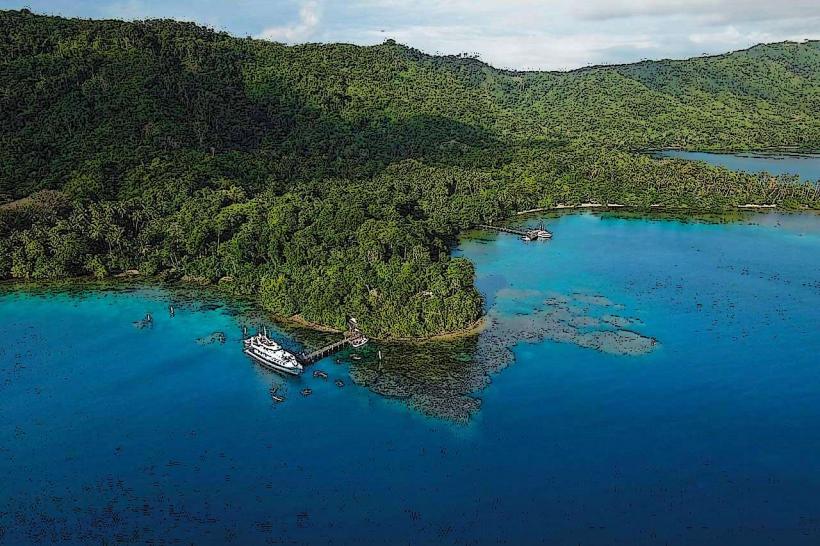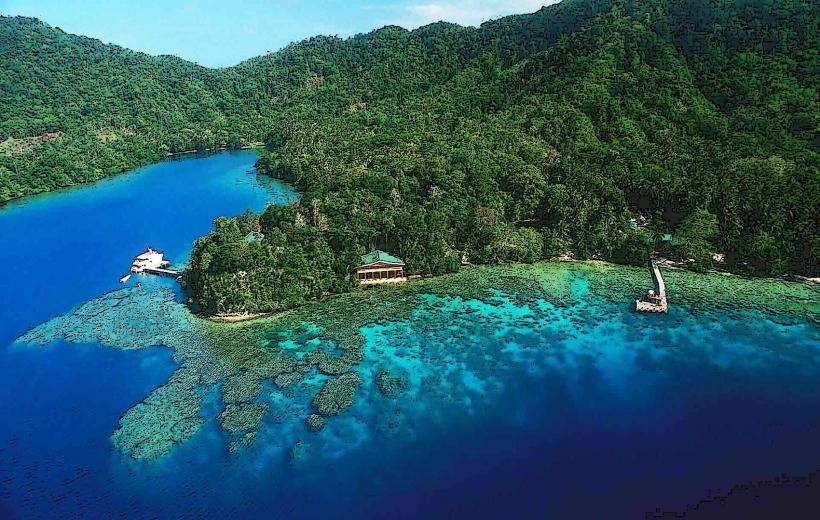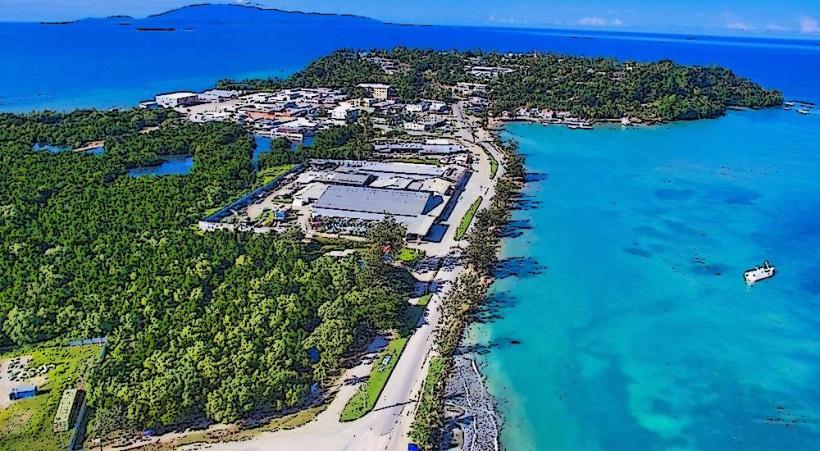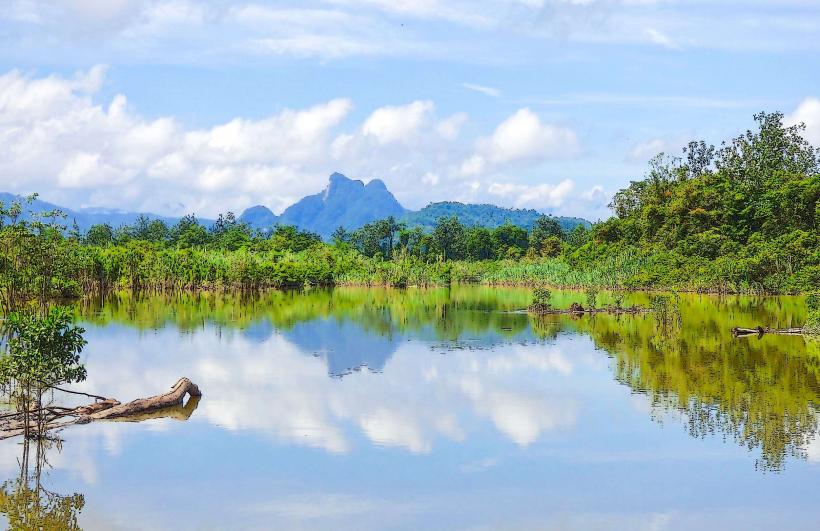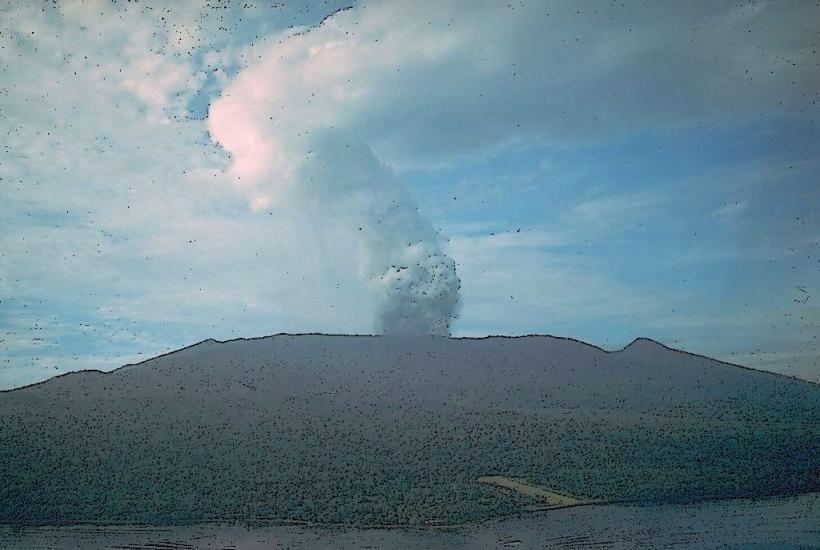Information
Landmark: KiungaCity: Provice Area
Country: Papua New Guinea
Continent: Australia
Kiunga, Provice Area, Papua New Guinea, Australia
Kiunga is a town situated in the North Fly District of the Western Province of Papua New Guinea. It serves as a key administrative and commercial center for the region.
Visual Characteristics
Kiunga is characterized by its low-lying structures, predominantly constructed from concrete and corrugated iron roofing. The town is located along the Fly River, with the surrounding landscape consisting of dense tropical rainforest and alluvial plains. The river itself is wide and often appears muddy brown due to sediment load.
Location & Access Logistics
Kiunga is located approximately 700 kilometers northwest of Port Moresby, the capital city. Access is primarily via air, with Kiunga Airport (KUG) receiving flights from Port Moresby and other provincial centers. Road access is limited and often impassable during the wet season. There are no direct public transport services from major cities; travel typically involves pre-arranged transport or charter services upon arrival at the airport.
Historical & Ecological Origin
Kiunga developed as an administrative outpost and trading post, particularly with the growth of resource extraction activities in the surrounding areas. Ecologically, the region is part of the vast tropical rainforest biome of New Guinea, characterized by high biodiversity and significant river systems like the Fly River, which is a major drainage artery for the island.
Key Highlights & Activities
Activities in Kiunga are centered around the Fly River. Boat trips along the river offer opportunities for wildlife observation. Guided walks into the adjacent rainforest can be arranged to observe local flora and fauna. The town also serves as a base for accessing more remote areas for cultural experiences and exploration.
Infrastructure & Amenities
Basic infrastructure includes a small airstrip, a police station, and a district administration office. Accommodation options are limited to guesthouses and lodges. Restrooms are available at these establishments. Cell phone signal is intermittent and generally weak. Food vendors are present in the town center, offering local produce and prepared meals.
Best Time to Visit
The dry season, from May to October, is generally considered the best time to visit Kiunga, as river conditions are more stable and rainfall is less frequent. The best time of day for river excursions and wildlife viewing is typically early morning or late afternoon when temperatures are cooler and animal activity is higher.
Facts & Legends
The Fly River is one of the world's largest by discharge volume and is central to the traditional beliefs and livelihoods of the indigenous peoples of the Western Province. Local folklore often features river spirits and ancestral beings associated with the waterway.
Nearby Landmarks
- Tabubil (120km Northwest)
- Oksapmin (150km Northeast)
- Lake Murray (200km Southeast)

